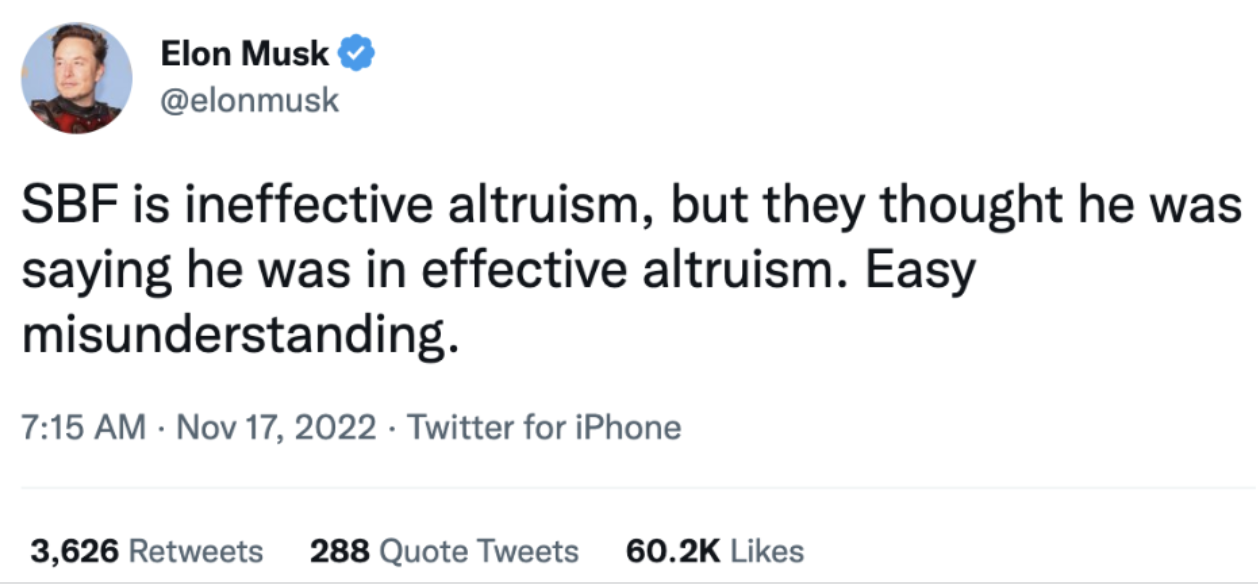When the news about the fall of FTX, one of the world's largest crypto exchanges, came out, your first thought probably wasn’t, “well gosh, I wonder how this might affect the world of philanthropy?”
Before I get into how this specific crypto exchange is closely tied to the nonprofit sector, let me first give you a bit of background on Sam Bankman-Fried, aka "SBF", the co-founder of FTX.
SBF, the son of two Stanford law professors, studied physics at MIT and traded ETFs at a quant firm before pivoting to crypto trading in late 2017. He launched FTX in 2019 and before its sudden fall, SBF was, on paper, one of the richest people in crypto; he was also very open about his philanthropy and his ultimate plan to “donate billions of dollars over his lifetime” based on his expected crypto profit. In fact, he created a foundation within FTX in 2021, called the FTX Foundation, with the goal of giving billions of dollars away over the coming decades.
If you visit the FTX Foundation website now, you’ll see the front page still states “The FTX Foundation is a philanthropic collective. We are funded principally by Sam Bankman-Fried and other senior principals at FTX…”. Not anymore, you’re not.
SBF was particularly absorbed in the world of “Effective Altruism”, or EA, which is a philanthropic movement and community that champions an ‘earn to give’ philosophy, and uses evidence and reasoning to work out how to do the most good given limited resources. Along with Dustin Moskovitz (Facebook co-founder), he became one of EA’s most famous proponents - and also one of its biggest financial contributors. (See a TEDTalk from Will MacAskill, philosopher and one of the originators of the Effective Altruism movement HERE).
The grant-making arm of the FTX Foundation had committed to donating “up to $1 billion” in 2022 to the Effective Altruism movement; however, according to their website, it appears only $132 million has been distributed thus far - leaving EA short a cool $868 million. What’s worse, it’s very possible that some of the $132 million of gifts made to the underlying nonprofits within the EA community may be clawed back by FTX’s creditors in bankruptcy court (extremely likely for any grants received in the 90 days prior to FTX’s bankruptcy) - a move that will undoubtedly hurt those nonprofits, potentially even putting some of them out of business.
There is no doubt that the FTX scandal has caused a decline in the confidence many people within the Effective Altruism community have in the nonprofit’s leadership. Trust is one of the most important factors when donors consider which organizations to support, and it should be expected that EA, and the underlying nonprofits that receive grant funding from them, will experience a decrease in funding in the near future (especially given that many philanthropists are organizing their year-end giving right now).
From a personal perspective, aside from hurting my crypto wallet, SBF’s behavior also casts a shadow over my own work; as an investor and grant-maker to venture-backed, pre-IPO companies, SBF’s behavior certainly does not help my cause. As Elon Musk (who has attended EA conferences in the past and was just featured in a related Forbes article) joked in a recent tweet (🙄),

